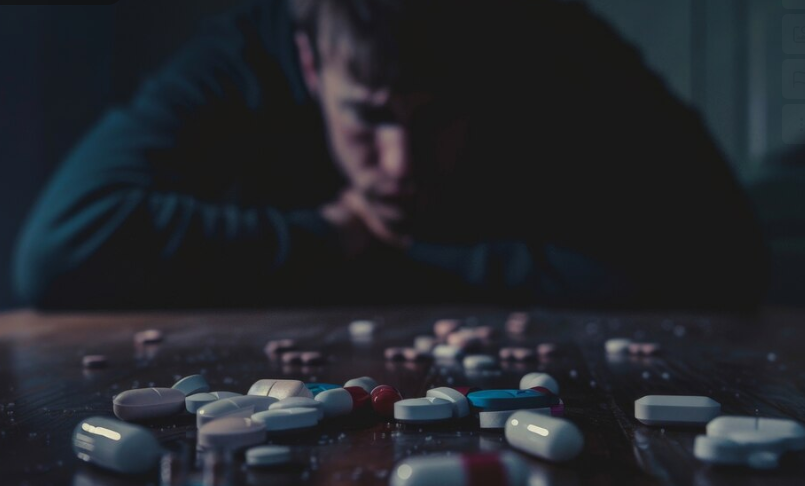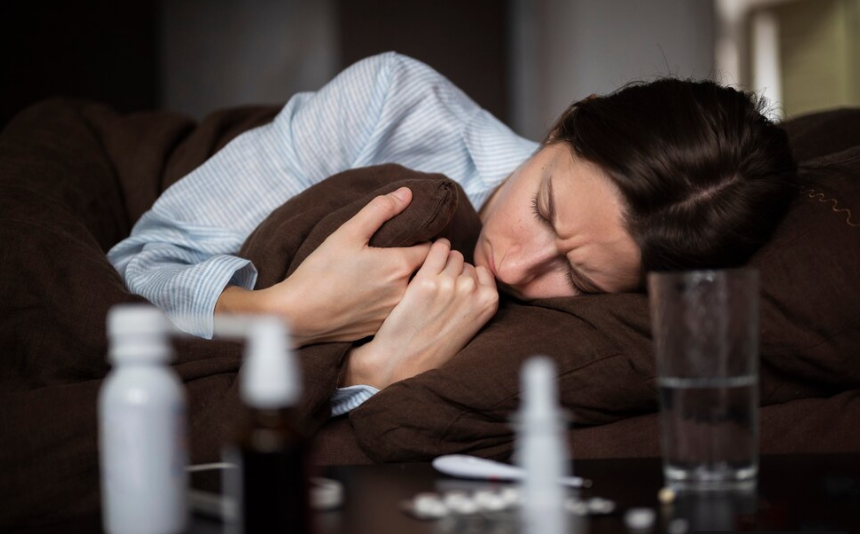
- Psychiatrist in East Elliott, Substance Use Disorder
- 0 Comments
Understanding the Importance of Mental Health In today’s fast-paced world, mental well-being is just as vital as physical health. People in East Elliott, San Diego County, CA, are becoming increasingly aware of the importance of maintaining emotional balance, managing stress, and addressing mental health concerns early. A healthy mind supports better relationships, improved focus, and […]
Read More






